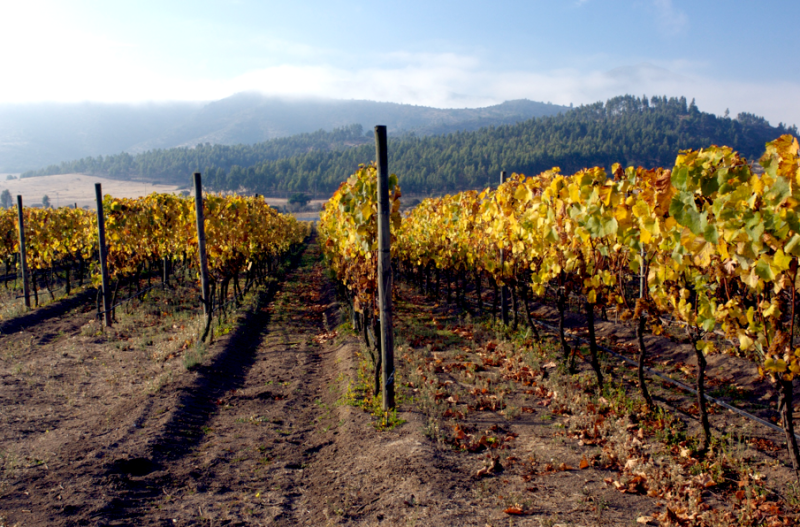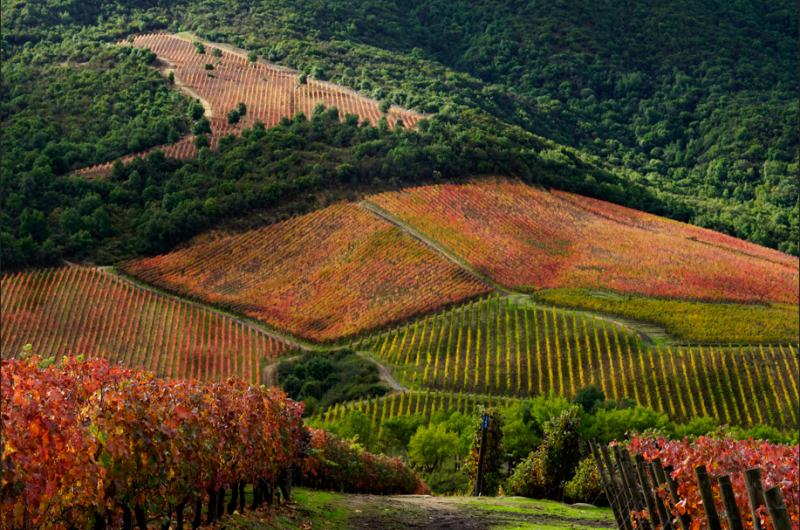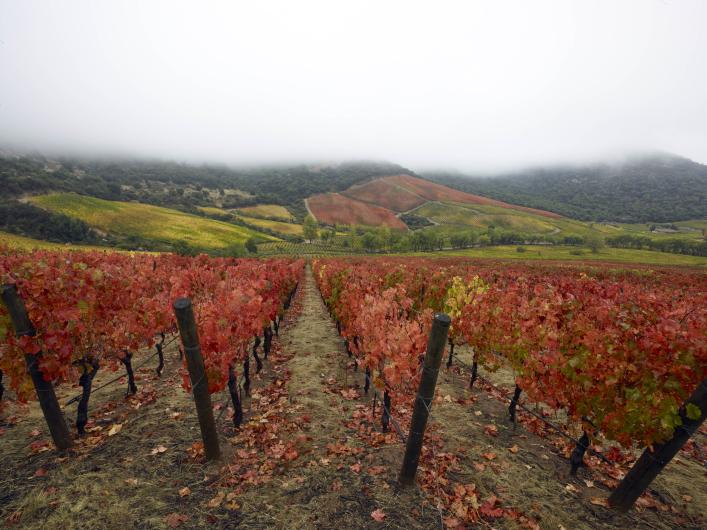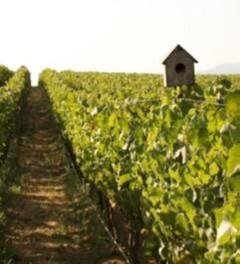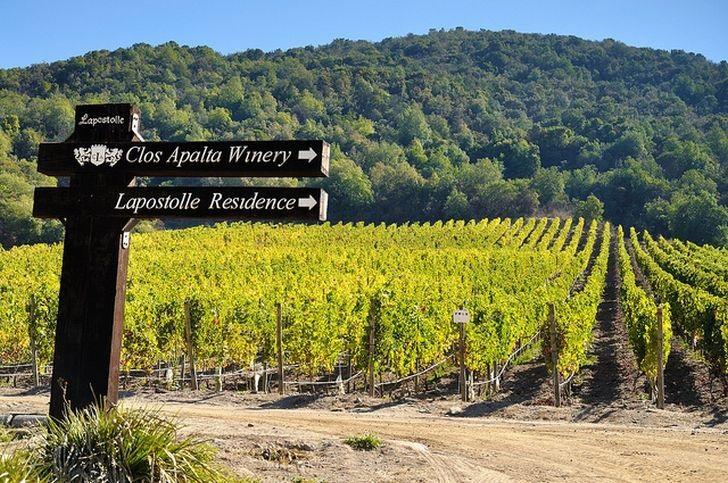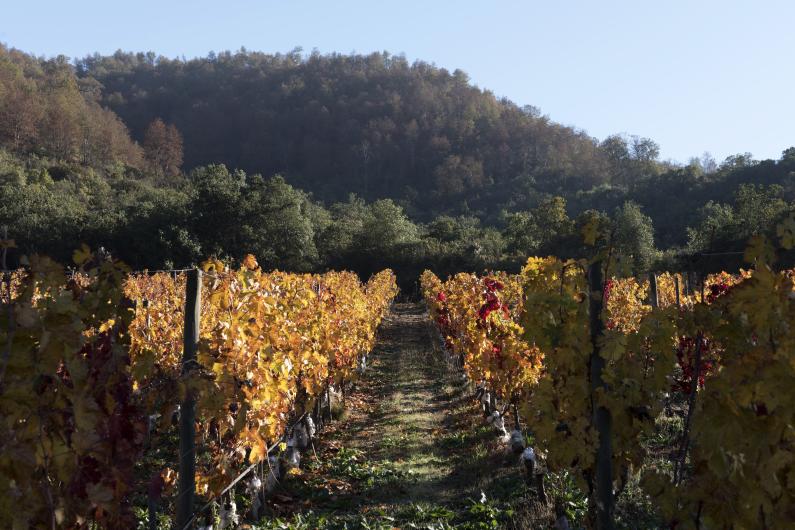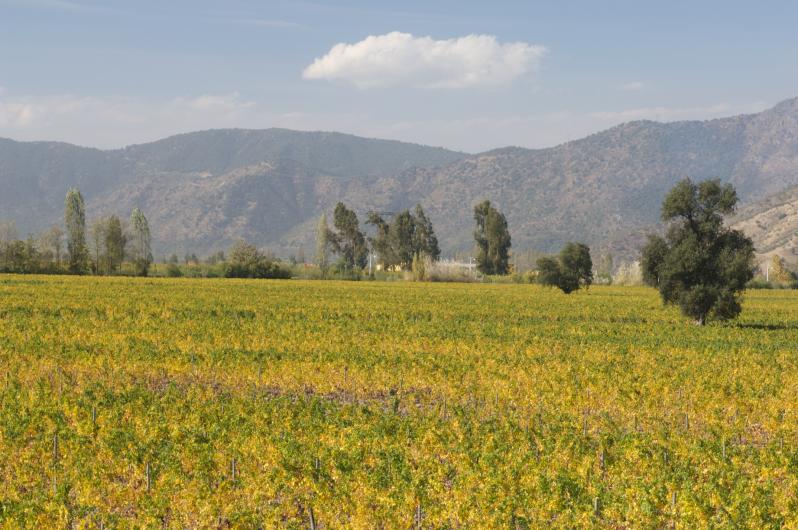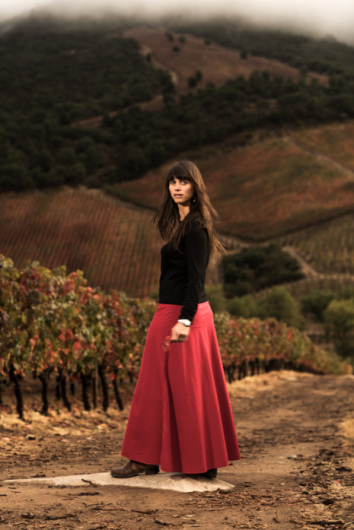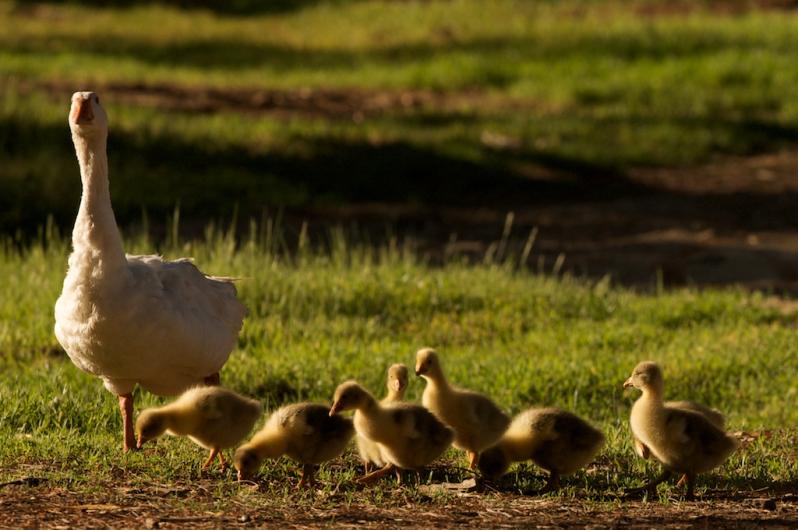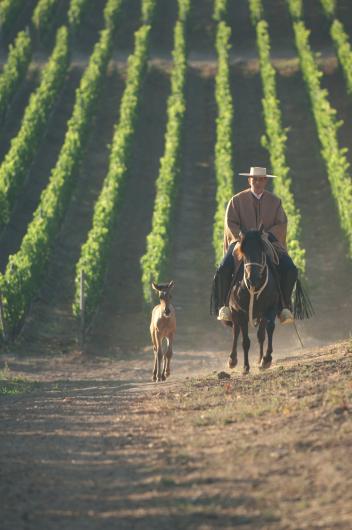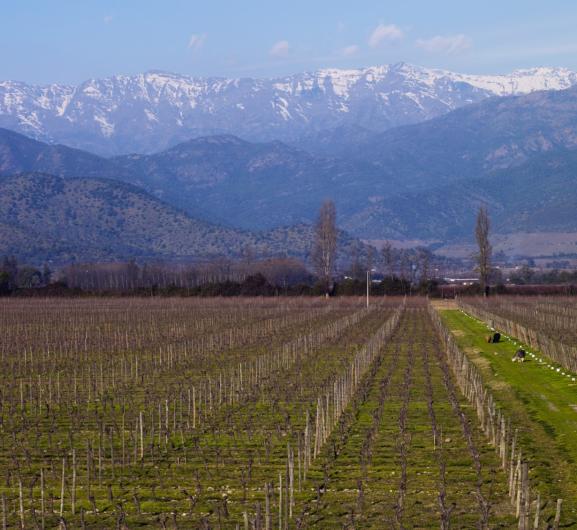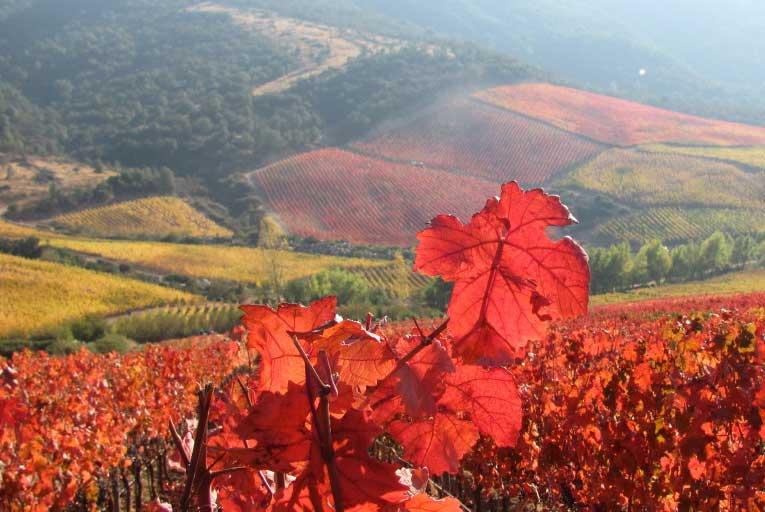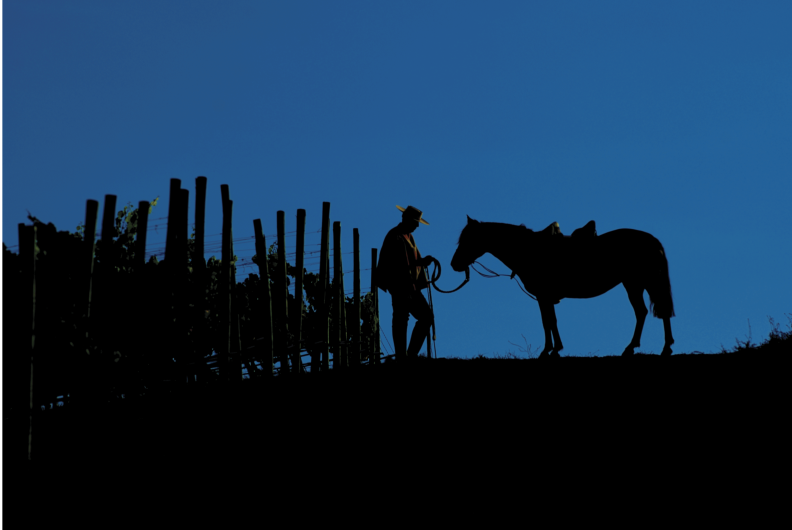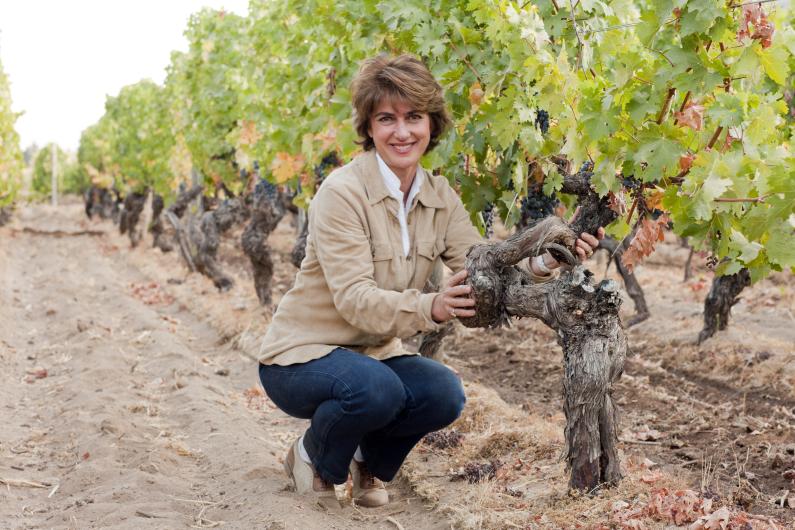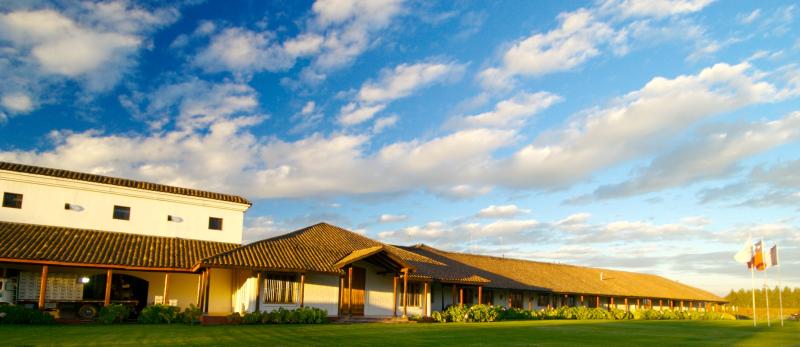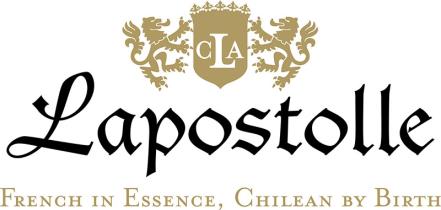Lapostolle
Grand Selection Sauvignon Blanc
Lapostolle
Grand Selection Sauvignon Blanc
At Lapostolle, to capture the freshness of the fruit is our mission. Young and expressive; bright and vivid, define the characteristics of our Lapostolle Wines.
Wine Production
We want to enhance the best fruit that Rapel Valley offers its structure and natural acidity. Our key points are strict fruit selection with Vistalys, natural juice decantation and low temperature fermentation in stainless steel tanks. We added 8% of Semillón from our old vines in Apalta vineyard and 7% of Sauvignon Gris.
Tasting Notes
Color: Pale yellow with green edges.
Nose: Very expressive with aromas of fresh herbs and cucumber, white fruit such as pears along with floral notes.
Taste: Balance and fresh mid palate with good volume and a long lasting finish.
Food Pairing
Perfect for an aperitif, clams with cheese, lemon and coriander and jam and melon salad. Serve well chilled from 6 to 8°C (42°F to 46°F).
At Lapostolle, to capture the freshness of the fruit is our mission. Young and expressive; bright and vivid, define the characteristics of our Lapostolle Wines.
Wine Production
We want to enhance the best fruit that Rapel Valley offers its structure and natural acidity. Our key points are strict fruit selection with Vistalys, natural juice decantation and low temperature fermentation in stainless steel tanks. We added 8% of Semillón from our old vines in Apalta vineyard and 7% of Sauvignon Gris.
Tasting Notes
Color: Pale yellow with green edges.
Nose: Very expressive with aromas of fresh herbs and cucumber, white fruit such as pears along with floral notes.
Taste: Balance and fresh mid palate with good volume and a long lasting finish.
Food Pairing
Perfect for an aperitif, clams with cheese, lemon and coriander and jam and melon salad. Serve well chilled from 6 to 8°C (42°F to 46°F).
Brand Materials
Vineyard & Production Info
Winemaking & Aging
Analytical Data
About the Vineyard
Rapel Valley is located in the central part of Chile. It includes the sub Valleys of Cachapoal and Colchagua. It exhibits a semi - arid Mediterranean climate with a winter – only rainfall pattern. Our Sauvignon Blanc comes from a very special area in Cachapoal, directly beneath the foothills of the Andes. The vines grow with the cold influence of the mountains and express all the minerality of the vineyards unique stony soil. "Las Kuras" means stones in the native Mapuche language.
